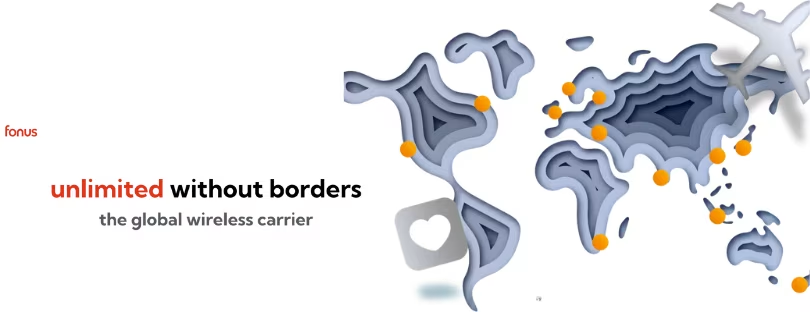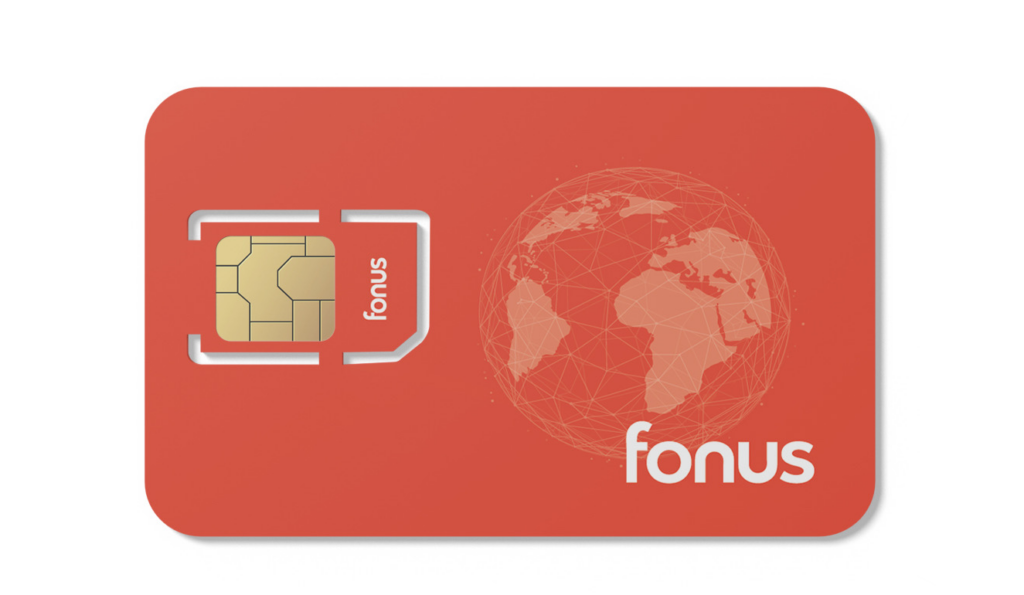
Why Global MVNOs Like Fonus Are Changing How We Stay Connected Abroad
Let’s face it—staying connected while traveling internationally used to be a pain. Expensive roaming charges, constantly swapping SIM cards, and searching for Wi‑Fi like it’s oxygen. But lately, things have started to shift. A new wave of mobile operators is changing the game by offering global-first mobile plans that just work—no matter where you are.
Welcome to the world of global MVNOs—companies that don’t own networks but are smart enough to rent, repackage, and resell connectivity in a way that’s actually useful. One name that keeps popping up? Fonus. And behind the scenes, white-label MVNO solutions are quietly powering dozens of brands, even ones you’d never expect to be in telecom.
In this post, we’ll unpack how companies like Fonus are making international mobile simple, how white-label platforms are turning non-telcos into global providers—and why this shift is just getting started.
What’s an MVNO—again?
Quick refresher: an MVNO is a mobile operator that doesn’t own the underlying network. Instead, it leases network access from giants like AT&T, Vodafone, or Telus, and resells it—often with a twist: tailored plans, niche audiences, or global coverage.
Traditional MVNOs might focus on budget plans, seniors, or immigrants. But new players are pushing boundaries—offering borderless, global voice and data for travelers, digital nomads, and remote pros.
Meet Fonus—The “First Global Carrier”
Fonus launched in 2019 in Santa Monica, founded by Simon Tian, as the “world’s first global carrier” . Rather than juggling SIMs per trip, Fonus built a mobile plan that roams in one go across 100+ countries without juggling SIMs or worrying about fees.
Here’s what makes Fonus special:
- Unlimited everything: data, voice, SMS—no caps in 100+ countries
- Starts at just US $19.99/month, with 5GB; up to unlimited for $49.99
- Runs on AT&T (in U.S.) and partners like Telus & Rogers in Canada
- Offers physical SIM and eSIM, plus Wi‑Fi calling, visual voicemail, hotspot, VoIP calling—all from one app
- No forced roaming time limits—you can stay abroad indefinitely
It’s a travel-lover’s dream: land in Bali, hop to Paris, then swing to Nairobi—all with the same plan and phone. 🌐
Is the user experience as sunny as it sounds?
Mostly, yes—but there are caveats. Recent coverage and user reports say:
- Coverage: excellent for travelers—5G in 90%+ of covered countries; unlimited data in 100+ countries
- Connectivity: Some Reddit users report occasional dropped calls due to relying on VoIP over data. But others rave about consistent 5G and LTE on major Canadian carriers
- App quirks: a few complain about the Android app—call interruptions, SMS delay—but nothing deal-breaking.
- Customer service: mixed reviews. Some users praise transparency; others mention occasional hiccups canceling or slow responses .
So yeah—it’s not perfect, but for any globetrotter, it’s a huge leap forward.
Why now? The white‑label revolution & MVNEs
Fonus isn’t alone. A rising wave of MVNE (Mobile Virtual Network Enabler) platforms—like Tata Communications MOVE™—are powering white‑label MVNOs for brands, MNOs, and non‑telecom companies
Think of it this way: companies, from luxury hotel chains to fintech startups, can launch fully functional mobile services—branded their way—with global reach, all managed by the MVNE backend.
Benefits include:
- Fast time to market: ready-made platforms mean weeks, not years, to launch.
- Low cost: MVNEs handle network deals, compliance, billing—less upfront investment .
- Seamless global connectivity: one backend, multiple frontends—customers travel globally without friction
- Differentiated services: embed connectivity into apps, fintech platforms, loyalty programs, IoT solutions.
- Control & data insights: real-time analytics, API-driven engagement, and manage lifecycle easily
This MVNE model means brands don’t need to be network owners—they can borrow telecom power and deliver mobility as part of their own services.
Fonus + Tata: a match made in global‑SIM heaven
In 2024, Fonus teamed up with Tata Communications to supercharge global coverage and simplify operations. Through Tata’s MOVE™ platform, Fonus now taps into regional PoPs (Points of Presence) around the world—delivering efficient, scalable global service.
This move highlights a bigger trend: MVNOs evolving into true global carriers, powered by flexible MVNE tech that lets scale, speed, and global consistency meet real-world demand.
Who wins? Why you should care
1. Travelers & digital nomads
No more SIM swapping in every country. One plan, one number, one experience—no hidden charges or endless hoops.
2. Remote/global teams
Companies can equip remote workers with a consistent mobile experience—no matter where they live or what office they’re in.
3. Brands wanting stickiness
Picture loyalty programs: book a stay, get exclusive data roaming perks; or fintech apps that include “travel-safe data bundles.” White-label MVNOs make it happen.
4. The broader shift
We’re heading into the age of connectivity as a service. Just like Software as a Service (SaaS), telecom is becoming modular, embedded, on-demand, and seamless.
Let’s be real: the challenges too
Of course, nothing is all roses:
- Quality varies: MVNOs depend on host networks. Crowded towers in small towns? Might still get lower speeds or dropped calls.
- Customer support: Without the marketing budgets of big carriers, support might lag or be outsourced.
- Regulatory hoops: Global roaming involves taxation, regulation, and data protection—all a headache for newcomers.
- Margin pressure: MVNEs must negotiate tight deals to make branded MVNOs affordable—but sustainable for them too.
It’s early days. But demand is skyrocketing. The trend toward niche, value‑added, and globally seamless connectivity is unstoppable.
Final thoughts
Global MVNOs like Fonus are rewriting the playbook: roaming isn’t a nuisance—it becomes invisible. No more hunting for SIM kiosks, no surprise bills, no scrambling for coverage.
Behind the scenes, MVNEs like Tata MOVE™ are enabling everyone—from carriers to coffee shops—to bundle connectivity in ways that fit their audience and brand. It’s connectivity as experience, not just a dial tone.
If you love traveling, work across borders, or simply dislike dealing with telecom headaches, global MVNOs are your new best friend. Expect more brands to jump in, more seamless offerings to arise, and the era of borderless mobile to continue exploding.
So next time you land somewhere foreign, skip the SIM swap. Just fire up your app and stay connected—global, simple, and stress-free.












